Timor-Leste
ASHM provides comprehensive awareness programs, training, and resources to empower individuals, communities, and healthcare professionals in Timor-Leste.
Together, we strive to prevent the spread of infections, promote healthy behaviors, and improve overall sexual health in Timor-Leste.
Projects
Global Project
Integrated Biological and Behavioural Surveillance – IBBS Survey
ASHM supported the Timor-Leste Ministry of Health to conduct the 2016 Integrated Biological and Behavioural Surveillance (IBBS) Survey.
Global Project
HIV Case Management Project
From September 2021 to March 2022 ASHM completed a HIV case management strengthening project in Timor-Leste as part of The Global Fund’s Sustainability of HIV services for Key Populations in Asia (SKPA) Program via Health Equity Matters (known as AFAO at the time) and Estrela+.
Global Project
Supporting Triple Elimination
Elimination of mother-to-child transmission of HIV, syphilis and hepatitis B in Papua New Guinea and Timor-Leste (STEPT Project).
Conferences and Events
Discover our events calendar, featuring impactful health conferences and educational gatherings. Join health professionals, researchers, and community organisations in HIV, BBV, sexual health and other health fields. Explore our calendar to find engaging opportunities tailored to your interests and professional development.

